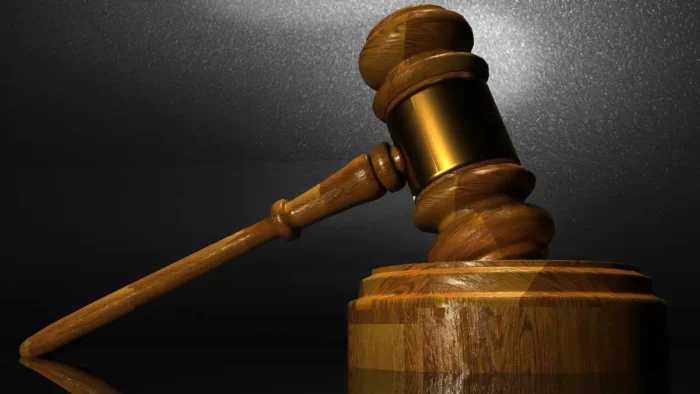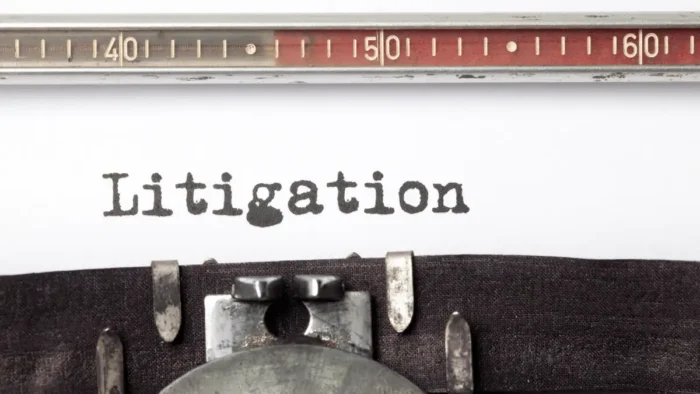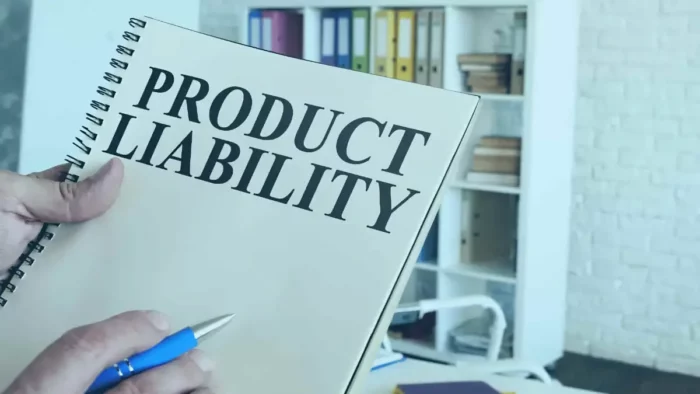Legal disputes can arise from different aspects of business, including lender liability, corporate governance, and employee disputes. Business litigation is often needed to resolve business-related conflicts.
Business litigation lawyers often handle these cases. This article highlights the three most common types of business litigation.
Breach of Contract
Contracts serve as the legal cornerstone of business relationships. However, even with detailed contracts, legal disputes can happen in businesses. Breach of contract is one the most common types of business litigation. It can happen to companies or individuals with a contract with another party. According to a business attorney at Very Law, PLLC, a breach of contract happens when one or multiple parties in a binding agreement fail to deliver according to the terms of the agreement. It can happen in an oral or written contract. There are various types of contract breaches, such as anticipatory breach, material breach, or restitution.
Businesses often rely on contracts to secure their assets and ensure smooth operations. For example, a construction business that relies on raw materials for its projects would want to enter into a contract with a raw materials supplier to ensure timely delivery. If the supplier fails to comply with the terms of the agreement, the construction company can initiate business litigation against the supplier. The construction company’s success depends on the availability of raw materials, and if that condition is not met, they can suffer major losses. In business litigation, the construction company can seek compensation for their damages.
While the parties can resolve the issue out of court, the issue is taken to court if no agreement can be reached. The party that has had to face damages due to the breach of contract can seek compensation for the losses they incurred.
To initiate business litigation for a breach of contract, the plaintiff needs to establish the elements of the breach. This includes the existence of a valid contract, identification of the party’s duty that allegedly breached the contract, and evidence of the resulting losses or damages. If all these elements are present and the plaintiff can present them in a court of law, they could have a solid case to receive compensation for their losses or damages.
In breach of contract cases, the burden of proof is on the plaintiff to not only prove the other party’s fault but also demonstrate the scope of the alleged breach. For example, the damage must be directly linked to the breach.
Monetary remedies are the most common resolution to breach of contract disputes, but there are also other options. This includes specific performance, which compels the defendant to fulfill their duty to the plaintiff. For example, if a supplier did not deliver the raw materials, they could be ordered to deliver the goods by the court. Of course, if the failure to deliver goods resulted in irreparable harm, then additional compensation may be ordered. Mediation is another option to resolve business litigation. This process involves a neutral third party acting as a mediator between the disputing parties.
In some cases, contract disputes are caused by disagreements over contract interpretation. This highlights the need for carefully drafting the contents of a contract to minimize the potential for misinterpretation or misunderstanding. Experienced business litigation lawyers can help with contract drafting and review.
Employment Disputes
Companies of all sizes can have employment disputes where an employee files a complaint against the employer. Various laws protect the rights of employees, and they can use these laws to seek compensation for what they believe to be mistreatment, wrongdoing, or discrimination. The most common types of business litigation for employee disputes include wrongful termination, wage and overtime pay disputes, Employee Retirement Income Security Act (ERISA) violations, harassment claims, or retaliation claims.
Business litigation for employment disputes often involves state and federal laws and needs to go through administrative agencies. The laws and regulations that govern employer-employee relationships are often complicated. There are several regulatory bodies and administrative agencies that monitor labor practices. Any violation of the rights of the employee and employer could create the legal grounds needed for business litigation. There are also some expected legal standards expected from the employer-employee relationship, such as protection against discrimination and fair wage policies.
A common employment dispute is wrongful termination. In most cases, the employment agreement is an at-will arrangement, which means the employer and employee have the right to terminate the contract as long as they abide by the terms of the employment agreement. Employees may initiate business litigation if they feel the termination violated their employment agreement. The business litigation process would require careful examination of the agreement and events that led to the termination. If the employer is at fault for wrongful termination, they might be liable to compensate the former employee.

Intellectual Property Disputes
Another common type of business litigation is intellectual property (IP) disputes. This includes any legal dispute related to patents, copyrights, trademarks, or trade secrets. Businesses often rely on their intellectual property to gain or maintain a competitive advantage. Intellectual property rights provide businesses with the freedom to be creative and innovate. Businesses often turn to business litigation to recover damages when there is a violation of their IP rights.
A wide range of legal issues can arise from intellectual property disputes, including domain name disputes, royalty or licensing disputes, and infringement claims. Most intellectual property business litigations are technical in nature, which means they require the expertise of an intellectual property lawyer. Not only do they have the legal expertise, but they also understand the industry-specific context.
An example of an IP dispute that needs business litigation is when there has been an infringement of a patent. your lawyer can initiate business litigation through which you can sue the other party for using or benefiting from your patent without your consent. The opposing party can hire a lawyer to defend against the infringement lawsuit. A common defense against the infringement lawsuit is demonstrating that the patent did not meet the patent requirements or resulted in anti-competitive business activities.
What is the Process of Business Litigation?
Business litigation cases are typically civil lawsuits, where one party sues another. However, the litigation process is similar for cases that involve criminal allegations. For any business litigation, it is common for the plaintiff and the defendant to have attorneys. However, some individuals or small businesses decide to file a lawsuit without an attorney. If you think of representing yourself in court, consider this decision carefully, especially if the stakes are high.
The business litigation process starts with the plaintiff submitting a complaint against the defendant. For example, an employee could submit a complaint against their employee for workplace harassment or discrimination. Typically, a summons is also filed so the defendant can get a notice of the lawsuit. The summons also set a deadline for a response from the defendant.
All parties can gather records and information to compile statements or depositions. This phase of the business litigation process is called the discovery phase. Both parties are free to file motions with the court requesting more information, a change of venue, or other types of requests. The parties also have the opportunity to request more time, which is the primary reason why business litigation often becomes a drawn-out process.
Once the appointed date has arrived, a judge or jury hears the case. After deliberation, a decision is rendered. If either party believes they have good reasons not to accept the verdict, they can file an appeal to take the case to a higher court.
The Role of an Attorney in Business Litigation
Hiring the right business litigation lawyer can greatly impact your case. They can save you time and money and allow you to maintain or recover your business’ reputation. The right attorney can help you understand your legal rights and the merits of your case so you can make informed decisions related to business litigation.
In addition, lawyers who specialize in business litigation can help you minimize business losses during legal proceedings. This is especially useful for lawsuits that go on for an extended period of time. Some businesses are sensitive to disruptions and can suffer major losses. If the business litigation process leads to arbitration, the lawyer can manage the communication with the arbitrator.
An increasing number of businesses rely on preemptive intellectual property disputes. This involves having their intellectual property lawyer conduct comprehensive audits to identify vulnerabilities that competitors can expose or exploit. The bottom line is that legal issues are common in businesses, and you must seek a professional and experienced attorney to help you with any legal disputes.





